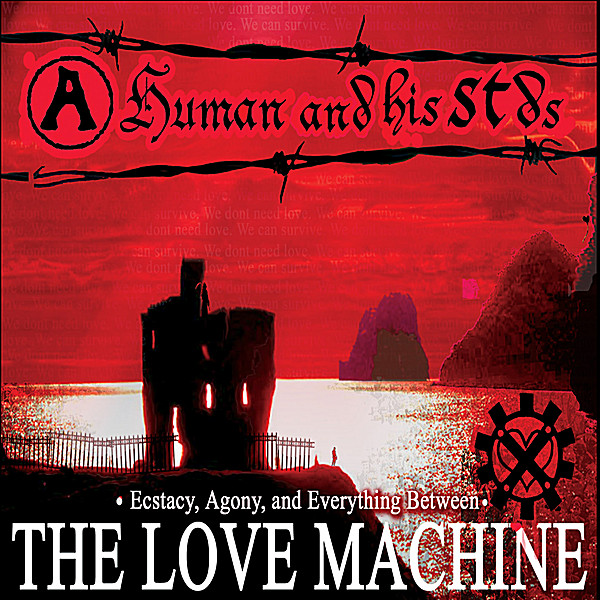
description
9The Struggle for the Independence of Puerto Rico (La lucha por la independencia de Puerto Rico) is an essay on the history of Puerto Rico's attempts at liberation from colonial rule from Spain, in the 19th century, and from United States colonialism from 1898 to the present. Written in 1949, not only is it an outline for historians, but it is also an eyewitness account of Puerto Rican history that has been purposely excluded from the country's official history books. Author Juan Antonio Corretjer was a participant in the ascendancy and heyday of the Partido Nacionalista (Nationalist Party), and in 1936, with the rest of the party's leadership, was sentenced to ten years of imprisonment and exile in federal penitentiaries in Atlanta, Georgia, and in Manhattan, New York City. Why? The reader might ask, is this work being translated almost fifty years after its publication? The reason is simpler than one might expect: It is because Puerto Rico remains a colony of the United States. Although modern technology is familiar to many islanders, and there is a façade of economic prosperity, Puerto Ricans have no political power to decide upon economic, trade, or political policies. Over the past few decades, more and more reasons have surfaced to suggest an English edition of the book is critical to have published. Reasons include the current push from certain politicians in Washington towards annexation of Puerto Rico to the United States is strong and undeniable. In addition to this, there's been a shift in favor of statehood from progressive organizations and individuals in that country who once supported independence for the Island. With imminent threats painting a destructive future on Puerto Rico's behalf, it is important as many people learn about the why of this subject as possible. Statehood will mean the demise of a Latin American country that has its own cultural expressions, unique characteristics, and needs that are not consonant with the needs of the United States. The treatment of Puerto Ricans--as of native Hawaiians since the granting of statehood to that archipelago, and the Mexicans who were living in the western territories taken in the nineteenth century--will continue to be that of second-class citizens dispossessed of their national identity and sovereignty. For the United States, Puerto Rico is primarily a military bastion from which to threaten the integrity of the rest of Latin America, and a source of cannon fodder in times of war. The footnotes--not in the original text--are brief clarifications for readers who know nothing about the history of Puerto Rico. Some wordings have been changed to actualize, and to call attention to the fact that the passage of time has seen no fundamental difference in the relationship between Puerto Rico and the United States. The names of the political parties were left in Spanish, to avoid confusion with similar names of parties in the United States. In addition, the reader must bear in mind that America is all of the Americas, and not exclusively the portion in North America occupied by the United States. Consuelo Corretjer Lee
December 7, 1999
New York
December 7, 1999
New York
member goods
No member items were found under this heading.
listens & views

CR2 PRESENTS DIRTY SOUTH & ...
by CR2 PRESENTS DIRTY SOUTH AND KURD: LIVE AND / VARIOUS
COMPACT DISCout of stock
$22.49
Return Policy
All sales are final
Shipping
No special shipping considerations available.
Shipping fees determined at checkout.






